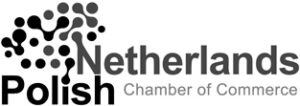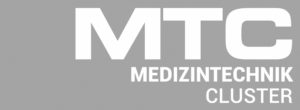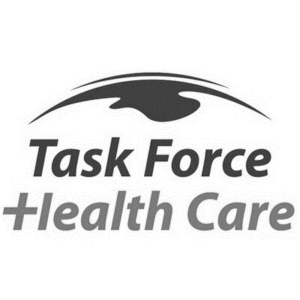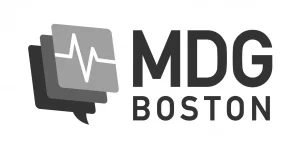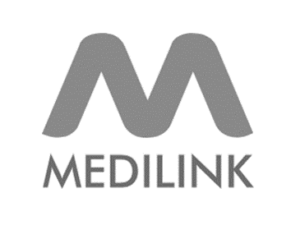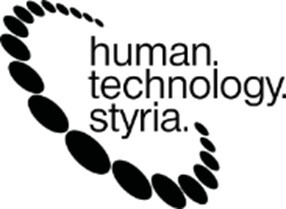The most important HealthTech news today centers around several key themes are concerning Major advancements in AI-driven healthcare, Evolving telehealth policies, Innovative product launches, Rapid digital health market growth, and major regulatory and policy changes in HealthTech 2025 with focus on several global regions and areas.
Some more insight here into the topics:
- Key Developments in HealthTech
- Market and Policy Trends
- Major regulatory or policy changes in HealthTech
Key Developments in HealthTech
AI Expansion in Clinical Workflows: Microsoft has launched an extended version of its Dragon Copilot, introducing the first ambient AI solution for nursing workflows. This technology captures and documents nurse-patient interactions directly into electronic health records, aiming to reduce nurse burnout and administrative workload.
Amazon’s Prescription Kiosks: Starting December, Amazon will roll out automated kiosks for prescription dispensing at One Medical clinics in Los Angeles. These kiosks will help patients obtain common medications immediately after appointments, tackling the persistent problem of unfilled prescriptions and medication non-adherence.
AI-Powered Drug Discovery and Diagnostics: AI continues to accelerate drug discovery and improve diagnostics by rapidly analyzing large datasets for pattern recognition and hypothesis generation. AI tools for medical imaging and early disease detection are pushing the boundaries of what’s possible in healthcare research and patient care.
Smart Clinic Innovations: TytoCare has announced a Smart Clinic Companion that leverages the world’s largest multi-modal health data set and FDA-cleared AI to address the primary care crisis, supporting advanced diagnostics and AI-driven decision-making at the primary care level.
Digital Payments and Health IT Integration: Eye care provider Sightview has launched Sightview Pay with Global Payments to streamline digital patient payments and reduce billing friction in specialty care.
Data-Driven EHR Advancements: Altera Digital Health unveiled a new solution that enables real-time, deduplicated patient data integration into provider workflows through its Sunrise Axon product, aimed at improving provider efficiency and patient outcomes.
Market and Policy Trends
Digital Health Market Growth: The global digital health market is projected to surge from USD 199.14 billion in 2025 to USD 573.53 billion by 2030, powered by AI, wearable technologies, and telehealth adoption across the globe.
Telehealth Policy Shifts: Some countries are experiencing disruptions as lawmakers have failed to extend certain telehealth flexibilities, affecting virtual care access for millions.
This wave of innovation is transforming healthcare delivery into a more data-driven, patient-centric ecosystem, with continued investment in AI, remote monitoring, and digital infrastructure worldwide.
Major regulatory or policy changes in HealthTech
European Union Medical Device Regulation (MDR) and In Vitro Diagnostic Regulation (IVDR)
Updates: In early 2025, the EU enacted Regulation 2024/1860 which extends transition deadlines for legacy IVD applications and mandates modular rollout of the EUDAMED database to enhance supply chain transparency. Manufacturers must notify authorities of device shortages or discontinuations. Notably, no further extensions for MDR/IVDR are expected beyond these deadlines, signaling a strict compliance environment.
UK MHRA Reforms: As of June 2025, the UK Medicines and Healthcare products Regulatory Agency (MHRA) implemented rules strengthening post-market surveillance for devices on the Great Britain market. CE-marked devices now have market access without needing a UKCA mark, easing regulatory burden while maintaining safety controls. The reforms emphasize incident tracking and longer maintenance of EU-derived regulations for continuity.
US FDA Regulatory Enhancements: New FDA requirements effective in 2025 focus on cybersecurity by requiring submission of Software Bill of Materials (SBOM) and vulnerability data with premarket submissions. Sex-specific safety data are mandated across device life cycles to ensure effectiveness for all sexes. Furthermore, guidance for AI-enabled medical devices is updated to balance innovation with patient safety.
HIPAA Regulation Updates in the US: New HIPAA rules introduced in early 2025 strengthen privacy protections amidst rising cyber threats and telehealth usage. Protocols such as multi-factor authentication and encryption for electronic health records (EHRs) are mandated. The rules also enhance patient rights to access and control their health data and tighten vendor management requirements.
EU Digital Health Policy: The European Commission continues advancing interoperability and citizen-centric healthcare digital services with a roadmap aiming for secure cross-border health data access, personalized medicine infrastructure, and enhanced user feedback tools. This policy framework promotes data sharing while maintaining stringent privacy and security standards.
These regulatory changes globally signify increased emphasis on cybersecurity, data transparency, AI device safety, and streamlined market access in HealthTech for 2025 and beyond.
Links
https://openloophealth.com/blog/recent-digital-health-trends-insight-and-news-november-2025
https://www.aiapps.com/blog/ai-news-november-2025-breakthroughs-launches-trends
https://www.lqventures.com/ai-in-healthcare-and-digital-health-today-november-3-2025
https://www.hipaajournal.com/new-hipaa-regulations
https://digital-strategy.ec.europa.eu/en/policies/ehealth
https://health.ec.europa.eu/ehealth-digital-health-and-care/digital-health-and-care_en
https://www.abhi.org.uk/events/abhi-events/the-abhi-uk-healthtech-conference-2025
https://www.who.int/health-topics/digital-health
https://intuitionlabs.ai/articles/ai-medical-devices-regulation-2025

